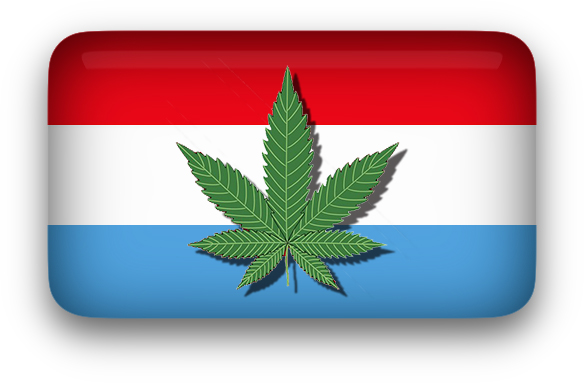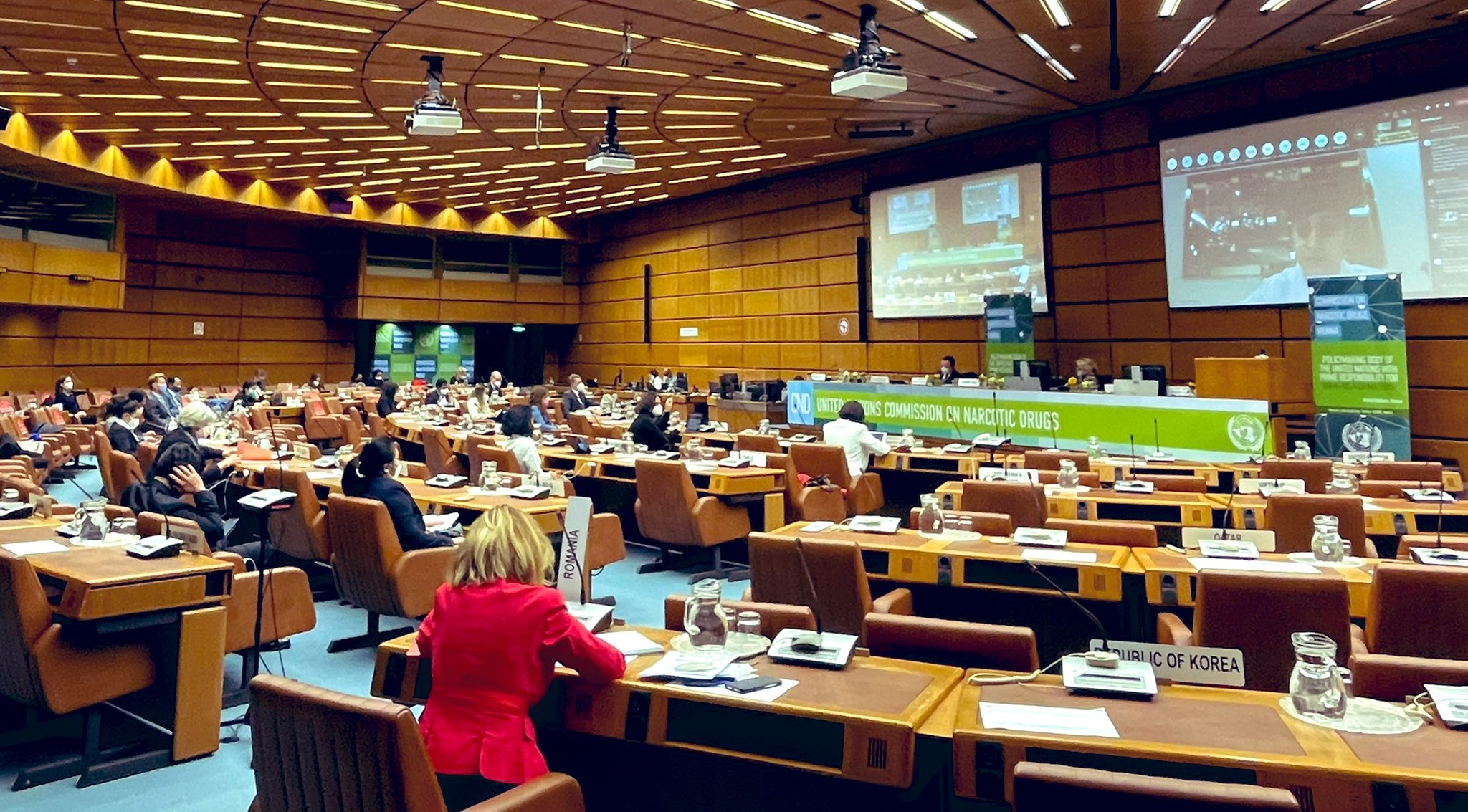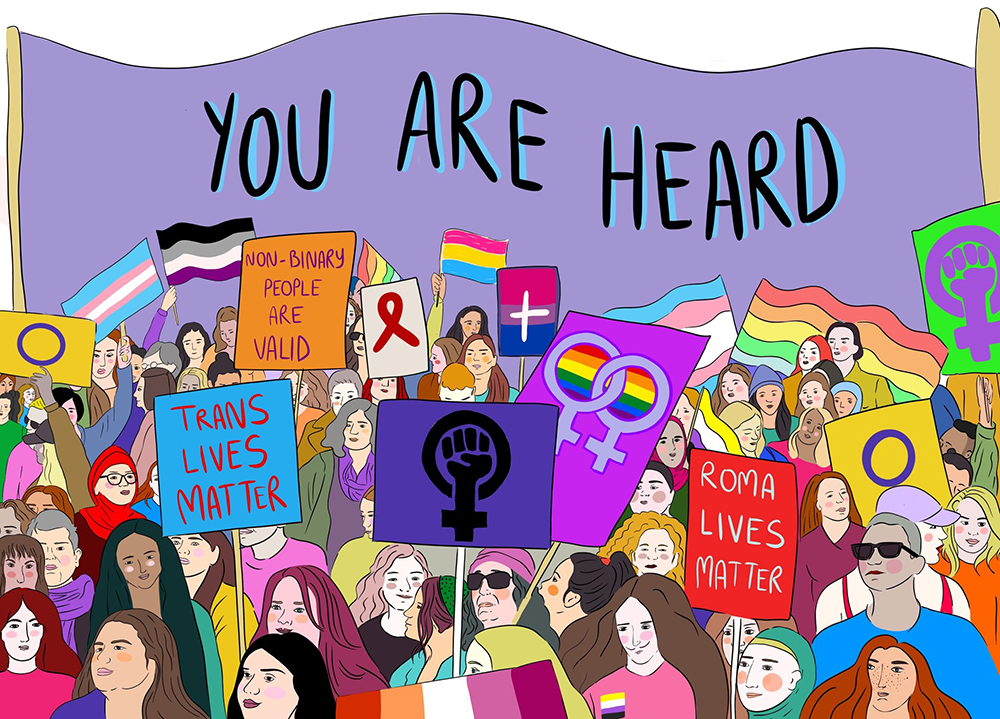The Regional Youth Cooperation Office (RYCO) has organised the Regional Strategy Forum aimed at gathering inputs from the region for its new three-year strategic plan. The three-day event was held in Fruška Gora, Serbia, 8-10 November, and gathered more than 70 representatives of civil society, governments, international and regional organizations, and youth. The final RYCO Strategic Plan 2022-2024 is planned to be adopted by the end of the year.
During the forum, RYCO has presented the results of the local consultations which gathered over 370 people in the previous months as well as its recently published Shared Futures study which it aims to use as the evidence-based tool for the strategy development. On the other side, the participants discussed RYCO vision and values, youth exchanges and intercultural learning, peace building education, peace outreach, peace supportive environment, support and building capacities of peace building multipliers, and cross-cutting issues such as gender, inclusion, participation, etc. Furthermore, they also discussed partnership building and outreach and visibility of RYCO.
Nenad Maletin from the DPNSEE Office participated in the Forum.

RYCO thanked all dedicated participants for their invaluable inputs and support. The event we showed that the Western Balkans has a bright future only if we join our forces and work towards a common goal – a prosperous Western Balkans, a region closer to the European Union where young people want to stay and build their future. The Regional Strategy Forum is an example of such a region.

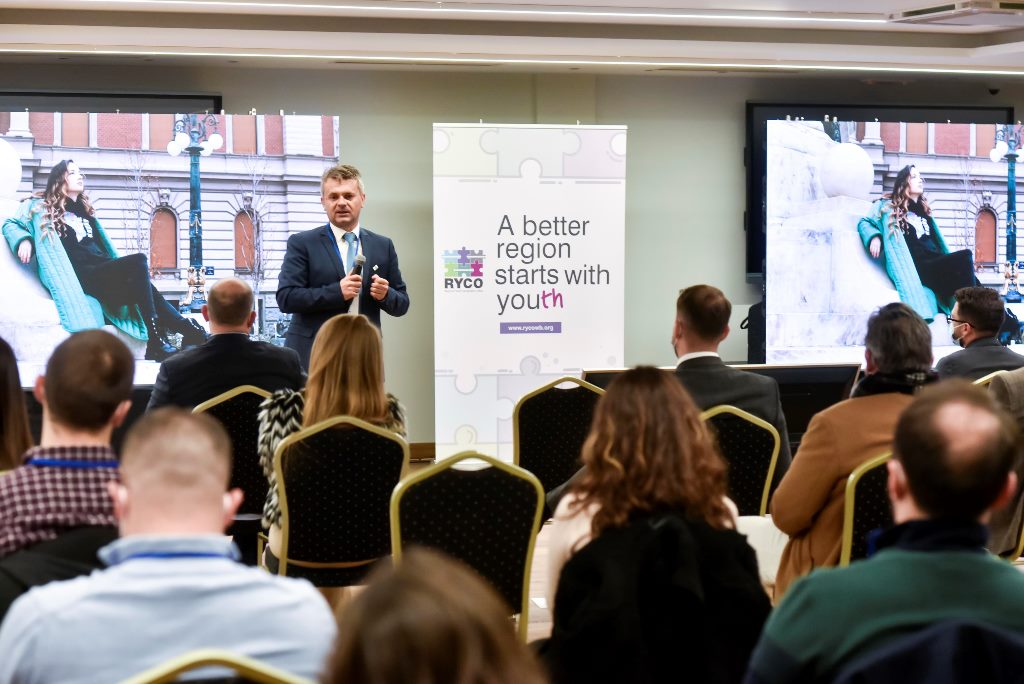

 The Index is composed of 75 indicators running across 5 broad dimensions of drug policy: the absence of extreme responses, the proportionality of the criminal justice response, health and harm reduction, access to controlled medicines and development. Each country is then given a total score ranging from 0 to 100.
The Index is composed of 75 indicators running across 5 broad dimensions of drug policy: the absence of extreme responses, the proportionality of the criminal justice response, health and harm reduction, access to controlled medicines and development. Each country is then given a total score ranging from 0 to 100. To read the Global Drug Policy Index,
To read the Global Drug Policy Index, 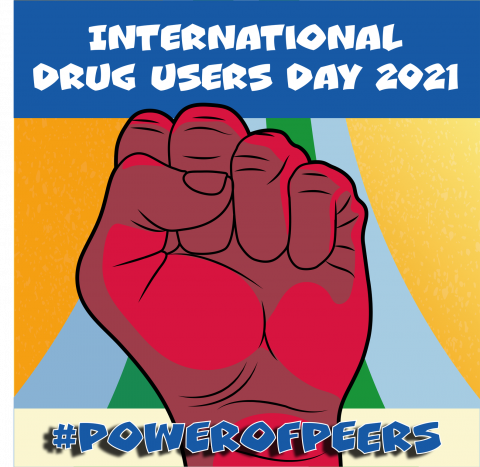

 HR4Homelessness – Integrating Harm Reduction Services in Homelessness Service is an Erasmus+ Project aiming at improving Harm Reduction services for people experiencing homelessness in Europe. The project involves organisations working in the field of homelessness and drug use FEANTSA (Belgium), C-EHRN / De Regenboog Groep (NL), Rights Reporter Foundation (HU), Simon Communities of Ireland (Ireland), Health Team City of Copenhagen (DK), Norte Vida (PT) and SMES-B (Belgium).
HR4Homelessness – Integrating Harm Reduction Services in Homelessness Service is an Erasmus+ Project aiming at improving Harm Reduction services for people experiencing homelessness in Europe. The project involves organisations working in the field of homelessness and drug use FEANTSA (Belgium), C-EHRN / De Regenboog Groep (NL), Rights Reporter Foundation (HU), Simon Communities of Ireland (Ireland), Health Team City of Copenhagen (DK), Norte Vida (PT) and SMES-B (Belgium). To access the document, please
To access the document, please 